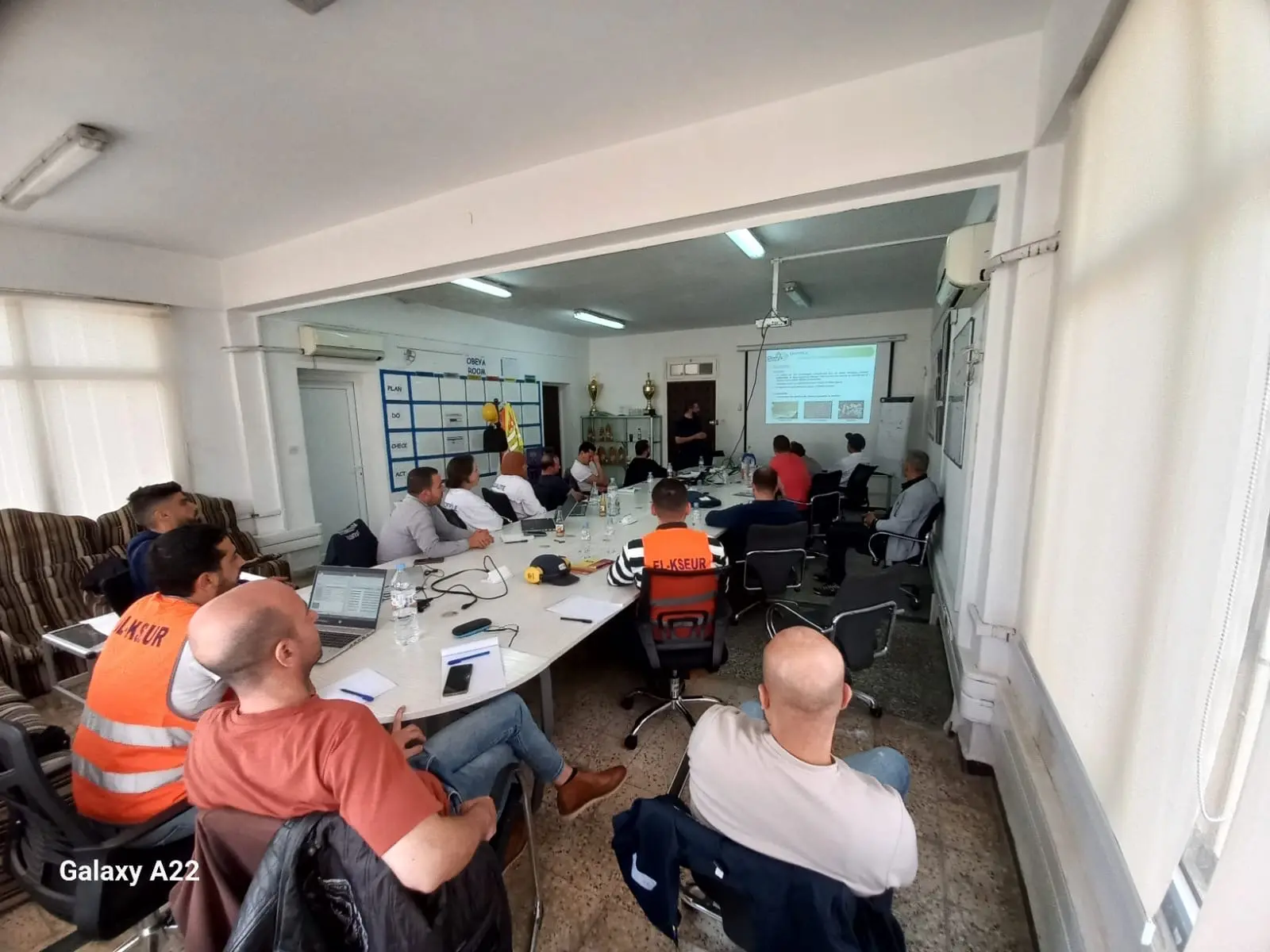Cleaning training in the food industry
Mastering cleaning processes in the food industry
Although CIP processes represent a strategic, even vital, issue, washing practices are often approached in an empirical manner with limited knowledge of the chemistry of washes, the stakes, and the impacts.
However, mastering the science of washing allows for the improvement of the skills necessary to carry out actions aimed at enhancing industrial performance and environmental indicators (extraction of natural resources in water and energy, CO2 and COD emissions, impacts on spreading soils, compliance with standards).
The industrial cleaning training we offer will provide you with the essential technical knowledge to understand the key principles of cleaning, through numerous case studies. This training will also enable you to grasp the ways to optimize existing washing practices and the associated challenges.

50 interns in 2023-2024. Average rating given (overall satisfaction):
8.2/10
50 interns in 2023-2024. Average rating given (overall satisfaction):
8.2/10
Target audience
- Site Director, Technical Managers, Process, Performance, Quality, Environment, Maintenance
- Accessible to people with disabilities
- No prerequisites
Objective of the CIP training:
Bringing together essential theoretical knowledge and the technical reality of the field. This training will be illustrated with numerous feedback experiences to concretize the discussion.
Place:
- On the client's site
- Soulaines sur Aubance (49)
Access terms and deadlines:
Contact us. Organization of an in-house session possible within 2 months depending on your availability
Teaching methods:
Active and participatory, knowledge contribution, exchanges, practical applications
Duration:
1.5 days
Speakers:
Senior Engineers and Consultants with extensive field experience
Evaluation method :
Knowledge Assessment Questionnaire
Certification
Quality Certification obtained under the category "Training Actions".

Content of the training on cleaning in the agri-food industry
Introduction
Cleaning Theory
Composition and formulation of detergents and their mechanisms of action on stains; Reflection on the use of detergents.
Disinfection
Action des désinfectants sur les microorganismes, principe de la désinfection
Optimization of CIP sequences
- Modification of washings (dynamic washing)
- Optimizations allowed by the regeneration of solutions
- Economic and environmental considerations
Nature of residues
Review of the composition of pollutants and residues and their physicochemical characteristics
Elements of Microbiology
Description of microorganisms, their metabolism, and their resistance
Cleaning In Place (CIP)
- Principle of NEP, procedure and type of cleaning
- Measurement and management of cleaning
- Recycling of laundry detergent: by centrifugation, by membrane separation, by physico-chemical means (Green CIP)
- R&D: Valorization of regenerated solutions for membrane cleaning
Practical applications
- Audits: qualification of CIPs
- Practical cases by industry type
Introduction
Nature of residues
Review of the composition of pollutants and residues and their physicochemical characteristics
Cleaning Theory
Composition and formulation of detergents and their mechanisms of action on stains; Reflection on the use of detergents.
Elements of Microbiology
Description of microorganisms, their metabolism, and their resistance
Disinfection
Action des désinfectants sur les microorganismes, principe de la désinfection
Cleaning In Place (CIP)
- Principle of NEP, procedure and type of cleaning
- Measurement and management of cleaning
- Recycling of laundry detergent: by centrifugation, by membrane separation, by physico-chemical means (Green CIP)
- R&D: Valorization of regenerated solutions for membrane cleaning
Optimization of CIP sequences
- Modification of washings (dynamic washing)
- Optimizations allowed by the regeneration of solutions
- Economic and environmental considerations
Practical applications
- Audits: qualification of CIPs
- Practical cases by industry type
MOOC training on cleaning in the agri-food industry: Clean In Place (CIP process), washer or other cleaning tools
This MOOC was created by Olivier BARRAULT, in collaboration with Coop de France, to provide access in just a few minutes to the key elements for understanding the practice of washing in industry agri-food. This is a good starting point to address our training in this field.





